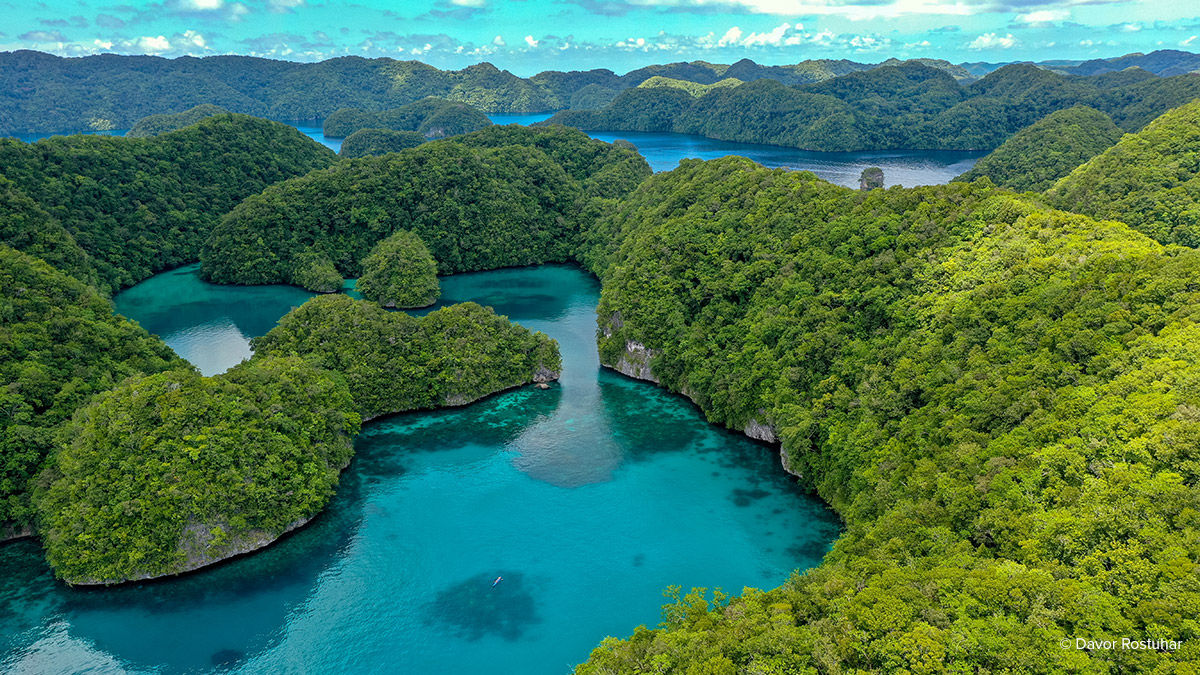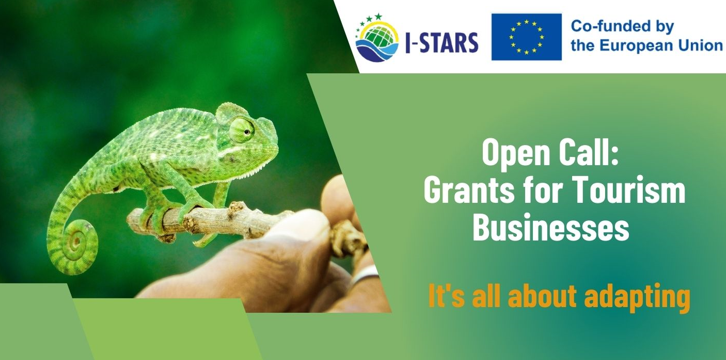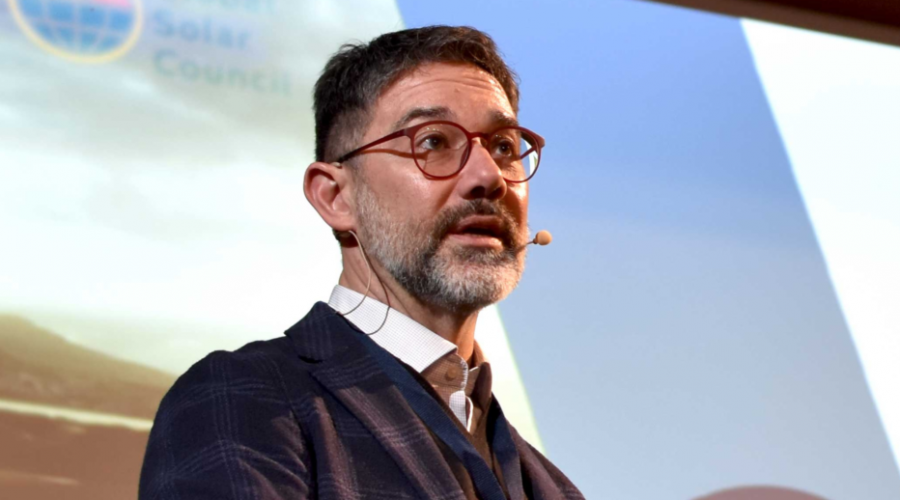The project will combat tourism’s carbon footprint by working with local food producers and launching a carbon platform for tourists
PALAU (August 11, 2020) The Palau Bureau of Tourism, Sustainable Travel International, and Slow Food have launched a new project in Palau that aims to mitigate the tourism sector’s carbon footprint and establish Palau as the world’s first “Carbon Neutral Tourism Destination.” The project is taking an innovative destination-level approach that includes promoting local food production within tourism and developing a carbon management program for tourists. This project supports the objectives of the Coalition of Fragile Ecosystems (COFE) and International Cooperation and Development Fund (TaiwanICDF) and has been endorsed by various government agencies, including Palau’s Ministry of Natural Resources, Environment and Tourism; Ministry of Community and Cultural Affairs; Ministry of Education; the Our Oceans 2020 Organizing Committee; and the Office of the President.
Known for its unspoiled natural beauty and pristine seas, the Pacific Island nation of Palau is regarded as one of the top marine tourism destinations in the world. Last year, more than 89,000 international tourists visited the country, which has a population of just under 22,000. As such, tourism represents the islands’ main source of economic income and employment.
As a small island destination, Palau is extremely vulnerable to the impacts of climate change, which threaten the islands’ marine ecosystems, coastal communities, and tourism industry. While tourism is the economic lifeblood of the island, it also contributes to the climate crisis. Tourists are responsible for a significant portion of Palau’s carbon footprint as they travel to the remote island by plane and consume food imported from overseas.
In recent years, Palau has taken extensive measures to further environmental protection and responsible tourism. This includes establishing one of the world’s largest marine sanctuaries; creating the world’s first mandatory eco-pledge (Palau Pledge) that all visitors are required to sign upon entry; banning tour operators from utilizing single-use plastics and styrofoam; and protecting its marine environment through the adoption of the world’s strictest national sunscreen standard. This bold new initiative, which is being led by Sustainable Travel International, builds upon the country’s past efforts to specifically address the tourism sector’s climate impact.
This project will reduce the carbon footprint of tourism in Palau by increasing the proportion of food that is sourced from local producers and reducing the industry’s dependence on imports. Among other activities, the project will accomplish this by celebrating the islands’ gastronomic heritage and building the capacity of farmers and fishers to market their products to tourists. Along with combating climate change, this will create income-generating opportunities for local communities and improve food security on the islands. A specific emphasis will be placed on sustainable production and empowering women producers to participate in the tourism value chain.
To compensate for tourism’s unavoidable emissions, the project will develop a first-of-its-kind carbon management program for tourists to Palau. The new online platform will allow visitors to calculate and offset the carbon footprint associated with their trip, including both their travel to and activities in Palau. In line with Palau’s leadership in marine conservation, the offset contributions will be invested in blue carbon initiatives, such as mangrove restoration, or sustainable production activities in the region that reduce CO2 emissions. It is estimated that this program has the potential to raise over USD $1 million a year for these carbon reduction initiatives.
“If the current COVID-19 crisis has taught us anything, it’s that we must strengthen our nation’s resilience to external threats – the greatest of which is climate change,” said Kevin Mesebeluu, Director of the Palau Bureau of Tourism. “Palau is blessed with some of the world’s most pristine natural resources, inherited through culture and tradition, and placed in our trust for the future generation. We must work to actively protect them, while also investing in our people. Palau embraces sustainable tourism as the only path forward in the new era of travel, and we believe that our destination can and must be carbon neutral.”
“This project has enormous potential to transform the traditional tourism model and is a notable step towards lessening the industry’s climate impact. Destinations around the world face these same challenges of balancing tourism growth with environmental protection. Carbon neutrality is the future of tourism and the direction that all destinations must head as they recover from COVID-19. We commend Palau for their continued leadership, and hope this inspires other destinations to strengthen their own climate resilience strategies,” said Paloma Zapata, CEO of Sustainable Travel International.
“The rapid growth of an unsustainable tourist industry based on broken food systems has been a key driver of the climate crisis and ecosystem destruction. This project represents the antithesis, a solution that strives to strengthen and restore value to local food systems, reduce the cultural and environmental damage caused by food imports, and improve the livelihoods of food producers both in Palau and beyond,” said Paolo di Croce, General Secretary of Slow Food International.
For more information on this project, please contact Kaitlyn Brajcich at kaitlynb@sustainabletravel.org. Project updates will be shared regularly on www.sustainabletravel.org.
###
Sustainable Travel International
Sustainable Travel International is a non-profit organization dedicated to protecting and conserving our planet’s most vulnerable destinations. We are transforming tourism’s impact on nature and people by working alongside local communities, engaging travelers and businesses in responsible practices, and strengthening destination management. Through our work, we aim to safeguard nature, combat climate change, and empower communities to preserve the integrity of destinations around the globe. Sustainable Travel International has implemented sustainability projects in more than 100 destinations around the world, and has 10+ years of experience facilitating carbon management in tourism. To learn more visit www.sustainabletravel.org
Palau Bureau of Tourism
The Bureau of Tourism (BOT) was created in 2014 to regulate the tourism industry, provide policy guidance to the President, and to be the destination management office of the Republic of Palau. In line with this mandate, BOT has promulgated national tour operator regulations, adopted a groundbreaking regulatory approach to sunscreen based on the precautionary principle, developed a unique Public Private Partnership with every private boat owner engaged in tourism transportation, and weeded out front businesses. Palau’s Responsible Tourism Policy Framework guides BOT by defining the vision for the tourism sector in Palau, that of a sustainable, high value, and low impact visitor industry.
Slow Food
Slow Food is a worldwide network of local communities founded in 1989 to prevent the disappearance of local food cultures and traditions and to promote sustainable food systems. Since then Slow Food has grown to become a global movement that involves millions of people in more than 160 countries, all working to ensure that everyone has access to food that is good, clean and fair. The organization has a long-standing experience of implementing grassroots projects in collaboration with UN agencies.
International Cooperation and Development Fund (TaiwanICDF)
The International Cooperation and Development Fund (TaiwanICDF) is dedicated to boosting socio-economic development, enhancing human resources and promoting economic relations in a range of developing partner countries. TaiwanICDF also offers humanitarian assistance and provides aid in the event of natural disasters or an international refugee crises. Its work is tailor-made to the local needs of each partner country. TaiwanICDF’s assistance covers a variety of contemporary development issues such as environment, public health, agriculture, education, and information and communications technology. The TaiwanICDF is headquartered in Taipei, Taiwan. It has more than 100 domestic employees and 250 staff, volunteers, and madarin teachers working at overseas missions.
Coalition for Fragile Ecosystems (COFE)
The Coalition for Fragile Ecosystems is a young global alliance created by the UN Mountain Partnership and the Global Island Partnership (GLISPA), focusing on the synergy between sustainable tourism and sustainable food systems as a vehicle for change. COFE aims to create an international network of fragile ecosystems that promotes sustainable tourism and sustainable food systems for increased resilience and improved livelihoods in mountains and islands. This effort by Palau is an important foundation activity that will help demonstrate what is possible in mountains and islands.
See the original news: https://sustainabletravel.org/project-to-make-palau-a-carbon-neutral-destination-launched/












